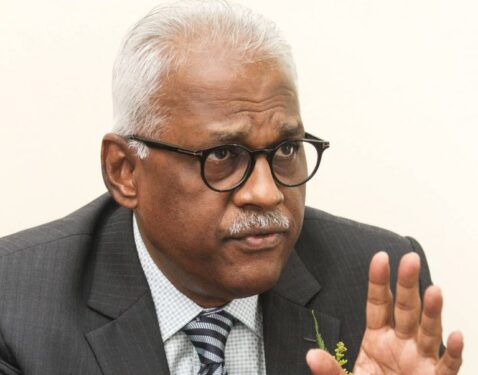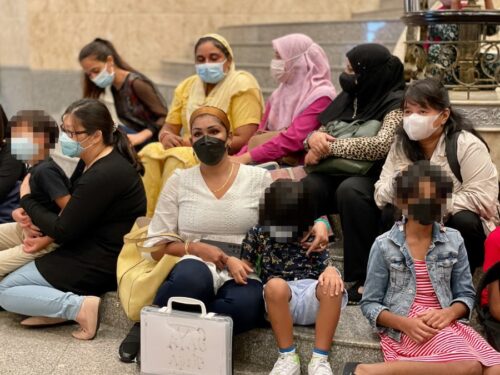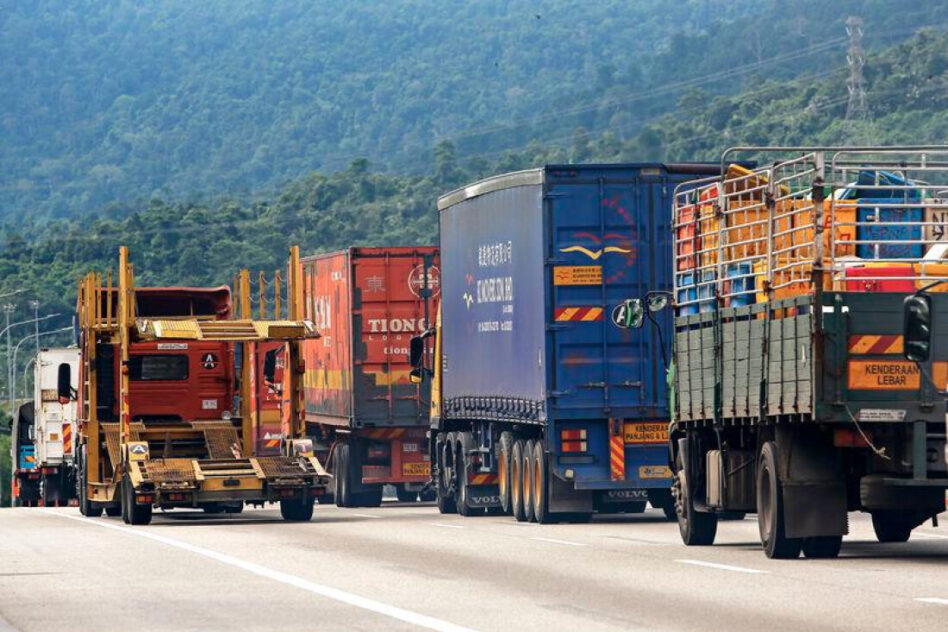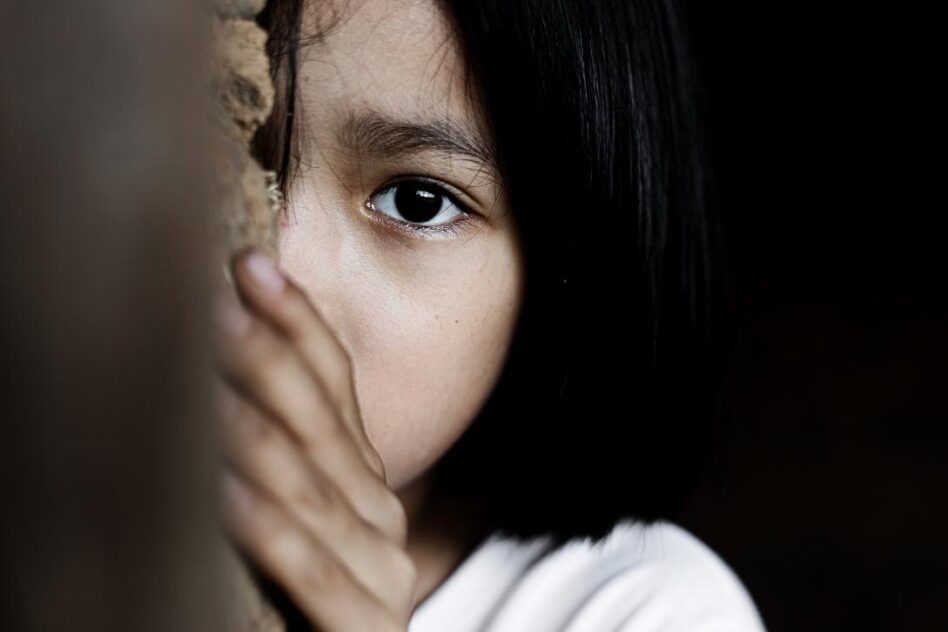KLANG MP Charles Santiago has posed five questions to Home Minister Datuk Seri Hamzah Zainuddin and the ministry over the naturalisation of yet another foreign-born football player for Malaysia.
The granting of Malaysian citizenship to Sri Pahang football club (FC) midfielder Lee Tuck – a former UK citizen – has come under fire as it highlighted apparent double standards in the Government’s awarding of citizenship.
The decision also came about even as thousands of overseas-born children of Malaysian mothers face constant hurdles in getting Malaysian citizenship.
In a formal letter to Hamzah today, Charles called on Hamzah and the Home Ministry to provide an explanation on the matter to solve “confusions” that have risen among parents whose children’s citizenships are in limbo.
The DAP lawmaker first asked what citizenship process was used for Lee.

Santiago then asked whether Lee fulfilled the citizenship criteria for naturalisation under Article 19 of the Federal Constitution, which states that the applicant must have been residing in Malaysia for at least 10 years before being eligible.
Lee has been playing in the Malaysia Premier League since 2017, starting with the Negeri Sembilan FC, then Terengganu FC, Sri Pahang FC, back to Terengganu and now with Sri Pahang FC again.
Santiago also asked how long the naturalisation process took for Lee, how it was made easier for him and what is stopping the ministry from quickening or giving similar “wiggle room” to others in the country who are facing documentation issues.
According to Bernama, Malaysia already has three naturalised players, namely Mohamadou Sumareh, Liridon Krasniqi and Guilherme De Paula.
Santiago’s letter echoed similar queries made on social media over the naturalisation announcement, many of whom asked the Government to “do the same” for children born overseas to Malaysian mothers by awarding them citizenship.
They were referring to a contentious citizenship clause in the constitution that says an overseas-born child must have a Malaysian father in order to have Malaysian citizenship and a recent court decision on the matter.
“Father” doesn’t mean mother or both parents
Last month, the Court of Appeal ruled that the word “father” in the Second Schedule of Part 11 of the constitution meant the biological father and cannot be extended to include the mother or parents.
In a two-one majority, the three-person bench also overturned the landmark decision by the Kuala Lumpur High Court in 2021 that children born overseas to Malaysian mothers and foreign fathers are automatically entitled to Malaysian citizenship.

Meanwhile, a group of UN experts yesterday (Sept 5) denounced the appellate court’s decision, saying affected women are less likely to leave abusive relationships and their children risk statelessness as a result.
Statelessness and denial of equal access to citizenship, in turn, increase risks of exploitation, including trafficking in persons, child trafficking and contemporary forms of slavery.
This is on top of other far-reaching negative impacts on their children’s rights to education, healthcare and freedom of movement as well as their social lives and identities.
The experts added that the court ruling also contravenes Malaysia’s obligations under international law and the need to interpret all constitutional provisions concerning citizenship and its transference without discrimination based on sex.
The experts comprise members of the UN working group on discrimination against women and girls and UN special rapporteurs working in the areas of trafficking in persons, contemporary slavery and migrant human rights.
“We are deeply concerned that Malaysian women are not granted equal citizenship rights, which provide them with the much-needed safeguards and protection for them and for their offspring,” they said in a statement.
“The right to citizenship is a cornerstone for the enjoyment of other rights.”
They also noted that while Malaysian men have enjoyed the right to automatically pass down their citizenship to their overseas-born children, many bi-national families of Malaysian women have “unnecessarily suffered” as a result of long and arduous application processes.
“These discretionary applications and registration procedures can take years, frequently ending in rejection with no reason given and many remaining unresolved,” they noted. – Sept 6, 2022
Main pic credit: Sri Pahang FC









